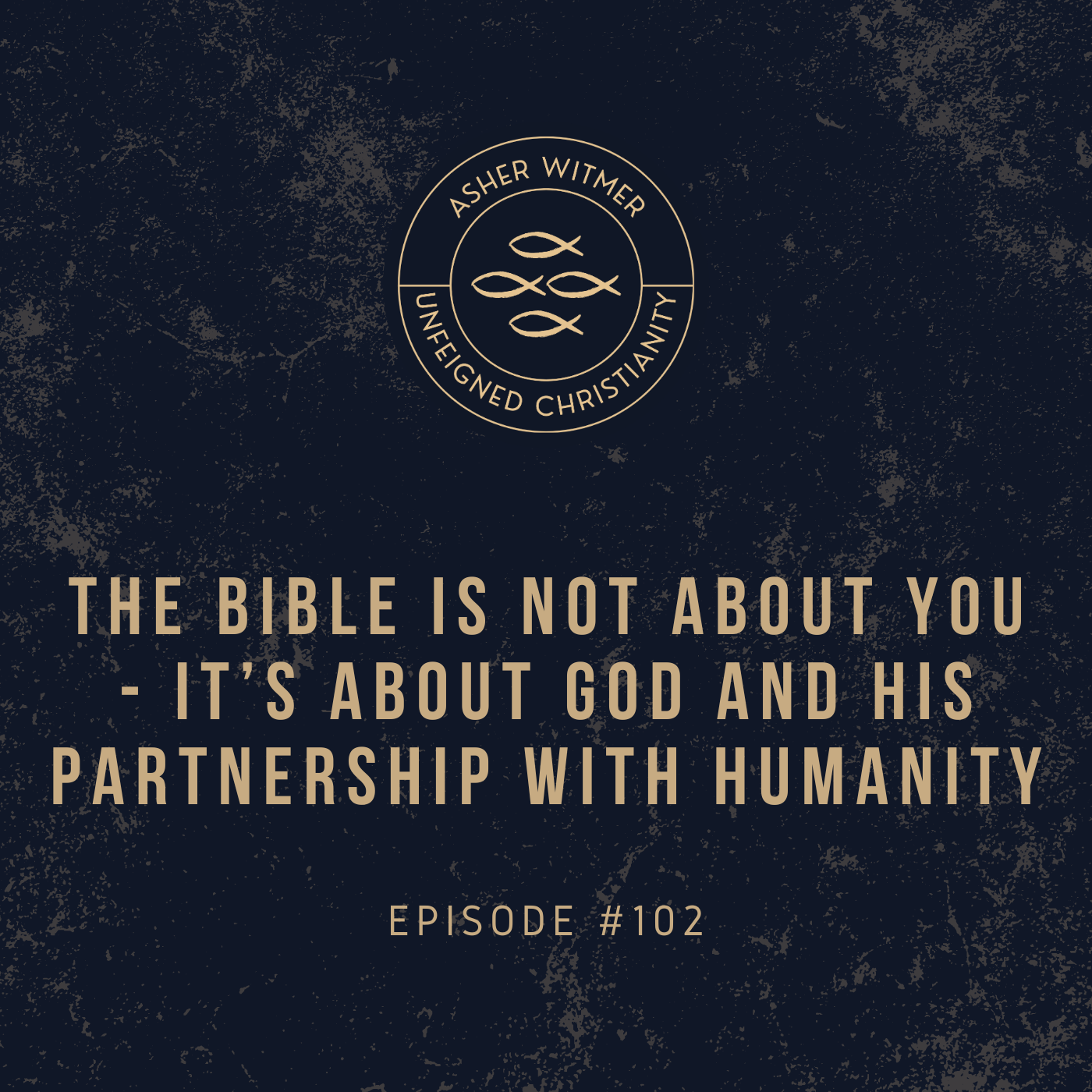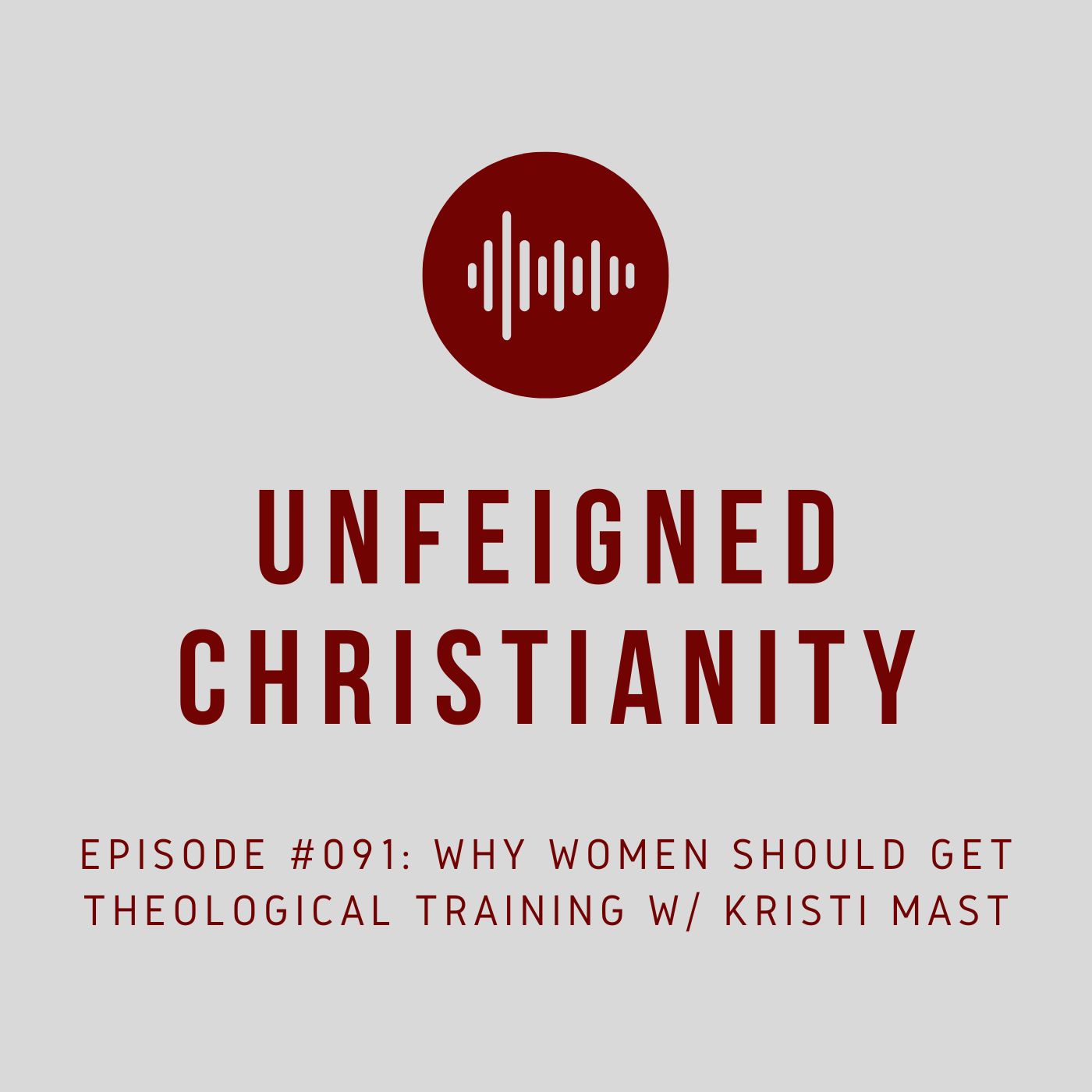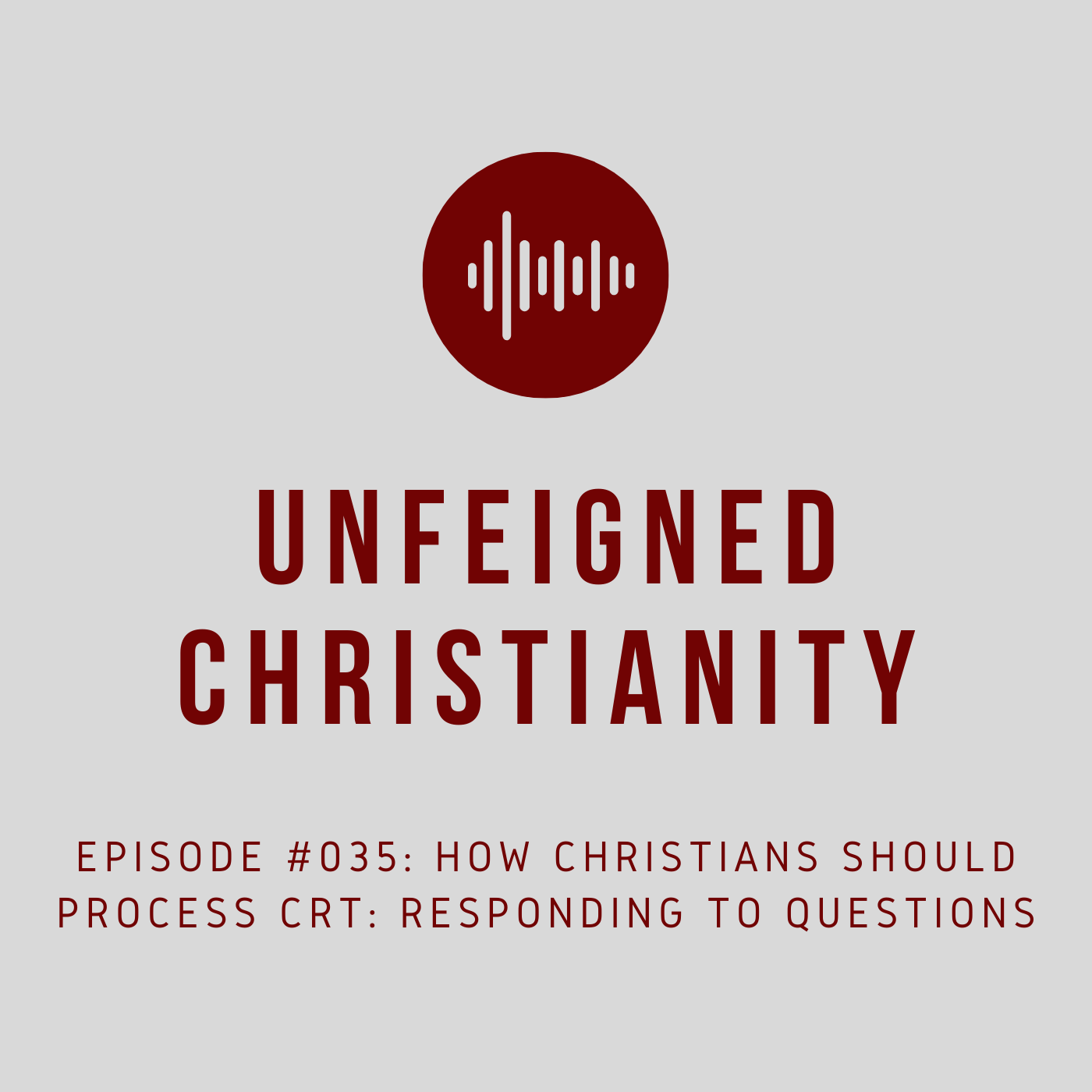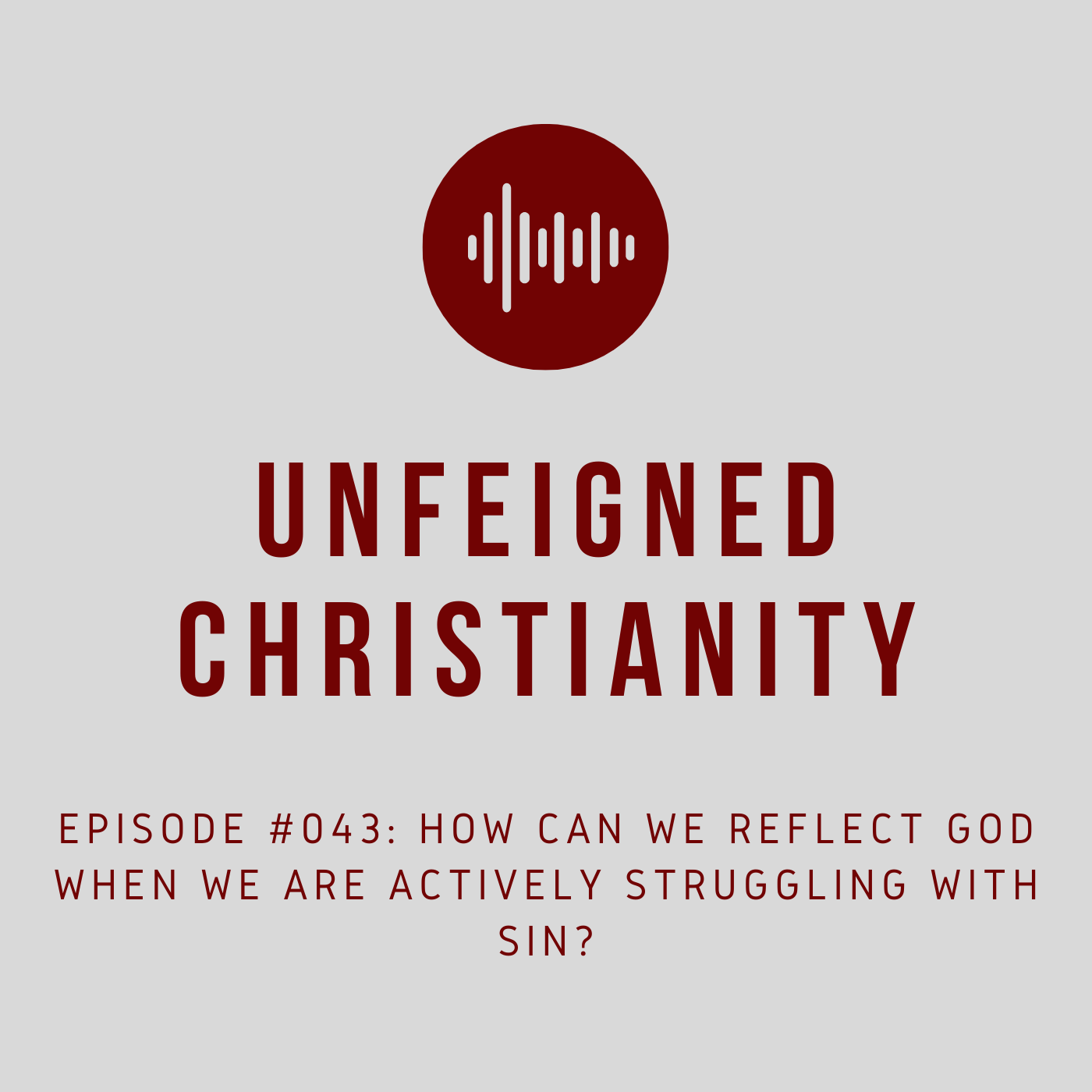[00:00:00] Speaker A: Sexual sin is a major problem even within the christian church, and a lot of the resources that we have available to us tend to focus on stopping the bad sexual behavior, behavior modification, kind of white knuckling it through, and it leaves us frustrated. My name is Asher Whitmer, and a few years ago I wrote live free because I thought our people needed a tool to help them do more than just try harder, put in roadblocks. This book unpacks the underlying issues that get us involved in sexual sin and how we can find not freedom, not just freedom from the problem, but what it looks like to actually live free in all areas of life. I've sold a couple thousand copies of the book and the feedback has been overwhelmingly positive. People have found genuine freedom, but one of the things I've heard a lot of is a desire for a resource that could accompany this, that you could take small groups through. So I invited a couple guys to come to this lodge in beautiful Colorado, and we recorded a video series that helped small groups go through the process of finding true lasting freedom. Not just behavioral modification, but we worked through the underlying issues that cause us to get into sexual sin. And what are the pieces necessary to develop a whole and healthy life that we can live free from sexual sin going on into the future. In addition, we created a bunch of resources to help facilitators and teachers lead people through this process. If you have a heart for helping people overcome sexual addiction of any kind at any level, but you're not exactly sure how to do that or what steps you need to take, this whole course has the resources, the tools that you need to facilitate that and guide them through the process. So we have video lessons that you watch and you work through and then discussion that you see and watch happen with a workbook, and specific questions to help you reflect on your stories, and then discussion questions to help create real relationship and community. And we have even instructional videos for those of you leading this course so that you know how to generate the conversation that actually gets to the root of the problem. You don't have to be a pastor, you don't have to be a theologian, a teacher. All you need is a heart to help people find lasting freedom, and this course will walk you through that process. We believe at the end of this you'll not just be a group of guys who are batting round ideas about a common issue you're dealing with, but you'll actually be genuine friends. You'll know each other's stories in a way that maybe nobody else knows, and you'll have a community that you can begin walking through all of life. You can buy it
[email protected]. We know that sexual sin is a big issue and that sometimes it can feel overwhelming to know how to walk people through it. And our desire is that this course can do just that for you, so that in your community you can begin seeing transformed lives of people who are living free. We also have bonus content available. You'll hear the life stories of the different guys involved in the course. We have articles that expound on some of the topics addressed in the course, and we have faqs and so much more that will help you get to the bottom of the issue.
Hello friends.
[00:03:28] Speaker B: If you have been blessed by the work of unfamed Christianity, whether through the blog or the podcast, and you would.
[00:03:34] Speaker C: Like to support the work or you'd.
[00:03:36] Speaker B: Like to go deeper, then I invite you to consider becoming a member of unfamed Christianity on Patreon. What the membership gives you access to is monthly Q A episodes. It gives you access to deep dive essays, where we take a particular issue and open it up even further and dive in with some of the nuance and complexities it gives you access to. Guided studies this first quarter of 2024, we'll be doing a guided study at what it looks like to become a healthy disciple of Christ, how to overcome habitual sin, how to interact with scripture in our spiritual formation journeys, how to deal with baggage from our past and what it looks like to value and pursue emotional and mental well being. All of that is made available through the unfained Christianity membership. There are five different tiers of membership and if you're interested and would like to learn more, just click the link in our description or go to asherwitmer.com member and you'll see the different tiers and everything you get with each one. Thank you for listening, and thank you.
[00:04:43] Speaker C: For being a part of this workload.
[00:05:05] Speaker D: Hello friends. Welcome back to Unfamed Christianity, the podcast where we flesh out what it looks like to follow Jesus faithfully in our current cultural moment. Today we're getting back to the series we've been doing on how to approach the Bible. How do we read the Bible? Well, last week we took a break as I responded to some questions about gender, the pronoun conversation with those experiencing gender dysphoria. We're getting back to it this week and we're going to look at what the Bible is about. The Bible is about God and his partnership with humanity, and we're going to dive into that further this week. Our family has been hit hard with the flu and so as you can tell, my voice is not doing very well and so I have been reading some books, but I'm going to forego talking about that till next week. Hopefully my voice will be up. I did want to let you know though, that the early bird enrollment for the live free video series is now available. There is a link in the description or you can just go to asherwhitmer.com and you'll see the latest blog post about the early bird enrollment, but that is available for the month of September. The month of February. Here you can get the live free video series 50% off that is available now until it'll be available until March 6 when we officially launch the live free video series.
[00:06:43] Speaker C: So if you would like to go.
[00:06:44] Speaker D: Through a small group study as a group of guys or a small group in your community would like to go through just the process of finding freedom from unwanted sexual behavior, and you would like to go through that together, you can get it. It's a one time purchase for the whole group. You can get it 50% off today and throughout the rest of the month of February here.
[00:07:11] Speaker C: So click the link below or go.
[00:07:12] Speaker D: To asherwhitmer.com and see it there on the website. Without any further ado, here is this week's episode on what.
[00:07:49] Speaker C: The Bible is about God. We've looked at how the Bible is story, kind of the main paradigm, and then we're fleshing out what all that means. And the first part was it's a collection of writings by various authors that have been organized to tell one cohesive message and then the next one. The last lesson was how the New Testament is the culmination, the climax of that story and the person of Jesus Christ and the continuation of that story in the New Testament Church. We also looked at some of how the New Testament came to be and how we can have confidence that it is reliable, has credibility. In this lesson, we're going to look at who the Bible is about. Just some interesting pointers before we get going too far. Here is that God is always placed as the protagonist. If you read through the Bible now, sometimes it's more an implied protagonist. I think of some books like Song of Solomon, where God is never directly mentioned, but he's kind of in the shadows, in the movement, orchestrating some things throughout those stories, throughout those books. But God is always placed as the protagonist. Humans are not necessarily the protagonist. We'll get into this a little bit. There's no introduction of God. It's just assumed that we know who he is. Therefore, we are invited into the story to discover God as we encounter the story. In the beginning, God created the heavens and earth. Who's God? What is God? Elohim. This power creates. There's an introduction of almost everything else in the Bible, even humans. But there's no introduction to God. It could be said that the Bible is about God, who he is, what he has done, and what he is doing in the world today. More specifically, though, the Bible is messianic literature. It's about the Messiah, the God who became human. Often we approach the Bible as if it's about me. It'll answer my questions, it'll solve my problems. And then when it doesn't, and when I read through the Bible and I don't see an immediate solution to my problem or question, I get disillusioned with it. But the Bible is not about me. The Bible is not about you. The Bible is about the Messiah, the God who became human. Therefore, it's about us, God and mankind. Books like Esther and Song of Solomon, which I already mentioned, are about how humans image God, how they walk faithfully with Yahweh in the middle of a diverse and broken world. So every facet of scripture starts with God as creator, and he places his image in humanity. And so how does humanity image God throughout creation? And we know that humans don't image God very well. And so the whole movement, the whole story is telling about this Messiah who's going to come and restore God's image and help man image God in creation. Again, it's interesting that the story of David and Goliath in one Samuel 17, is the story of the MessiaH being the serpent crusher. First of all, if you read through the story in that chapter and just mark how many times bronze is mentioned, and bronze being a reference back to the serpent or scales, like it's referenced that Goliath had armor like scales. But it's a story of someone coming and crushing this beast, this Goliath, this serpent like figure. And the point of it is how God is creating and designing man to image him. And there needs to be a messiah who comes and crushes the serpent's head. But what's interesting is, as we progress through the story, it's not just Jesus who crushes the serpent's head. In the New TEStament, we see that the church is a part of this crushing the serpent's head. You look at romans 1620, where Paul says the God of peace will soon crush Satan. Under your feet. So there's this aspect of the church being a part of the seed of the woman who's going to crush the serpent's head under the feet of the church, under the body of Christ. So yes, God is the one doing the crushing. And the Messiah has liberated us, but we become a part of the messiah. And that's the whole point of the Bible, is how following Jesus is becoming him. It's becoming his body and doing his work with him. Luke 1019 through 20 says, behold, I have given you authority to tread on serpents and scorpions and overall power of the enemy, and nothing shall hurt you. Nevertheless, do not rejoice in this, that the spirits are subject to you, but rejoice that your names are written in heaven. So Jesus has given the authority that Jesus the Messiah has given the authority to the church to be serpent crushers, to image God and conquering the beast and living as God, designed in right relationship with God, in a trusting relationship with Yahweh. And then ultimately, revelation 1211 talks about the saints having conquered Satan by the blood of the lamb and the word of their testimony. So the Bible is about the Messiah, the one who's come to set creation free. But more importantly, it's about humanity's need for the Messiah. So God is doing something in creation. He's created, and he's specifically designed man to be something within that creation. But man has rebelled, and so they need a messiah to come and make them right again so they can properly image God throughout creation. And then we are a part, we become Jesus, we become a part of Jesus by entering into allegiance and union with him. I think of Matthew 1238 through 43, where Jesus says that to this generation, Nineveh and the queen from the south are going to rise up and they're going to condemn you because something greater than Solomon, something greater than Jonah is here it is the Messiah himself. And that's the whole point of the story of Nineveh and the queen of Sheba is they recognized that they needed a messiah, they needed someone, and they repented, and they turned to and gave their allegiance to the messiah. And God restores them and God welcomes them in. And that's the point of the Bible. That's what the Bible is about, is our need for the Messiah and what the Messiah is doing for creation in creation and how restoration of God's original and good creation is happening through Jesus the Messiah, and through the people who enter become a part of his body as they join in allegiance with Jesus. I'd love to hear your thoughts. I don't know if this is a new thing to you guys. We don't have a whole lot more to spend on this. Your assignment for your journal entries this week will delve into this kind of.
[00:15:25] Speaker D: Try to draw out a little bit.
[00:15:26] Speaker C: Some of how you've maybe typically viewed yourself or the Bible and the relationship, what it's supposed to be doing, what you're supposed to be getting out of it. But I'd love to hear if you have any questions or if you have any further comments as you sit in this lesson, and also as you continue to read the Bible for yourself, let me know. You can comment in the thread below or on the community feed, or you can email me directly. In the next lesson, we're going to.
[00:15:51] Speaker D: Shift and look at how the Bible is.
[00:15:53] Speaker C: So the Bible is messianic literature that.
[00:15:56] Speaker D: Talks about what God is doing through.
[00:15:58] Speaker C: The Messiah and how the Messiah frees.
[00:16:02] Speaker D: Humanity to then image God in creation. In the next lesson, we're going to look at the Bible as meditation literature.
[00:16:08] Speaker C: And what that means and how to.
[00:16:10] Speaker D: Read it, how to study it.
[00:16:12] Speaker C: Until then, grace and peace.




